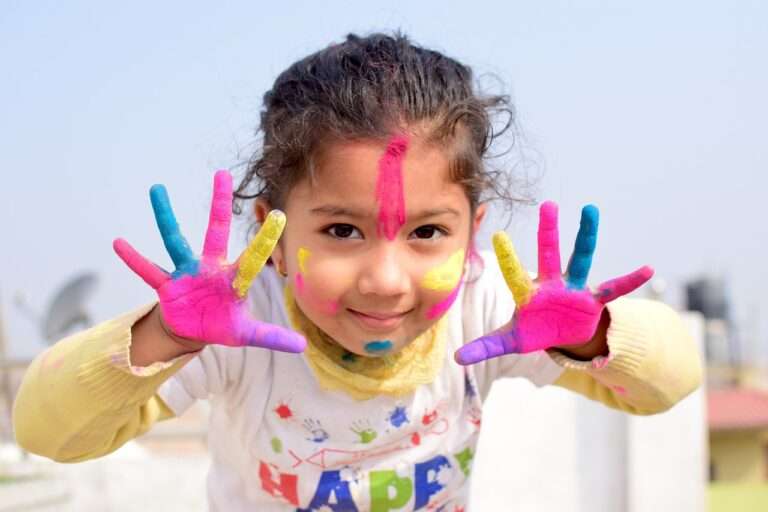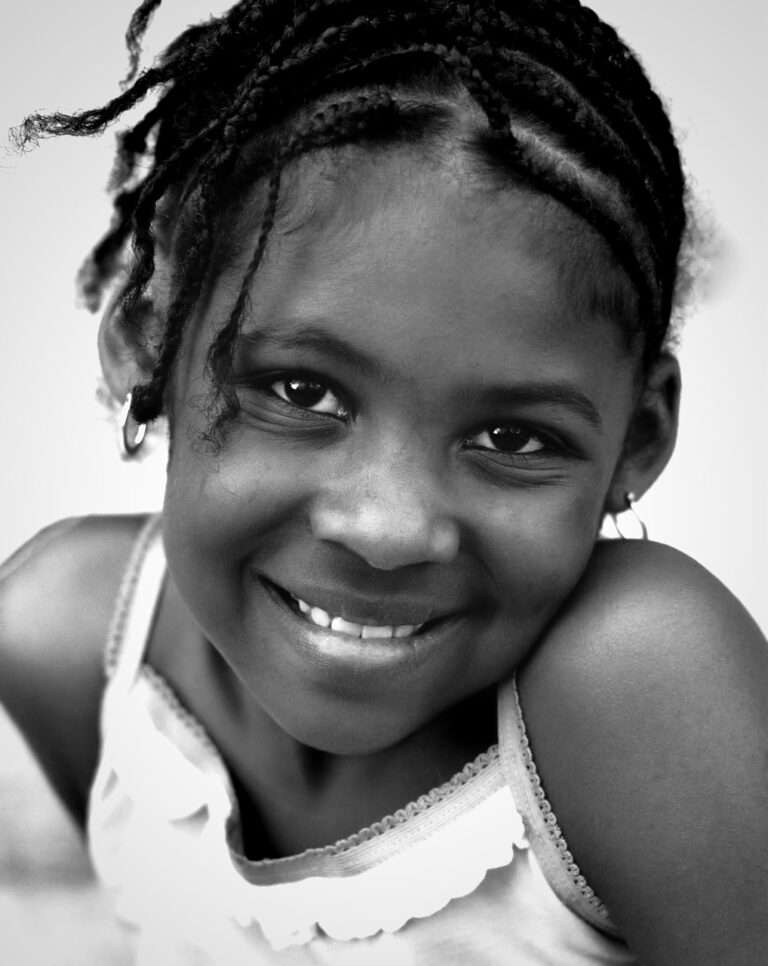Myeloma in children
Multiple myeloma in children is quite rare, and its symptoms, causes, treatment, and other aspects can differ somewhat from the adult form of the disease. Here’s an overview:
Symptoms
In children, the symptoms of multiple myeloma can be similar to those in adults, but may not be as noticeable initially. Common symptoms include:
- Bone pain or fractures: Especially in the spine or ribs.
- Anemia: Leading to fatigue and weakness.
- Recurrent infections: Due to a weakened immune system.
- High calcium levels: Resulting in thirst, frequent urination, nausea, and constipation.
- Weight loss and reduced appetite.
Causes
The exact causes of multiple myeloma in children are not well understood. It’s a type of cancer that begins in the plasma cells, a type of white blood cell. Factors that might contribute include:
- Genetic mutations: These are less understood in pediatric cases compared to adults.
- Environmental factors: Though not definitively proven, some studies suggest a link.
Diagnosis
Diagnosis in children might involve:
- Blood and urine tests: To check for abnormal protein produced by myeloma cells.
- Bone marrow biopsy: To look for myeloma cells in the bone marrow.
- Imaging tests: Like X-rays, MRI, or CT scans to detect bone problems.
Treatment
Treatment of pediatric myeloma is tailored to the individual but can include:
- Chemotherapy: To kill cancer cells.
- Radiation therapy: To target specific areas of bone damage.
- Stem cell transplant: Especially in more aggressive cases.
- Targeted therapy: Uses drugs to target specific vulnerabilities in cancer cells.
- Supportive treatments: For symptoms like bone pain or anemia.
Prognosis and More
- The prognosis for pediatric myeloma can vary based on factors like the stage of the disease and the child’s overall health.
- Long-term monitoring is crucial, as treatments can have lasting effects on a child’s development.
Important Note
Due to the rarity and complexity of the condition, it is essential for children suspected of having multiple myeloma to be evaluated and treated by specialists in pediatric oncology. The approach to treatment and management may differ significantly from adults due to differences in physiology and the potential impact on growth and development.
------------From our Sponsors------------





